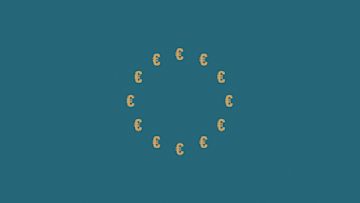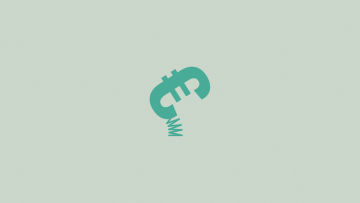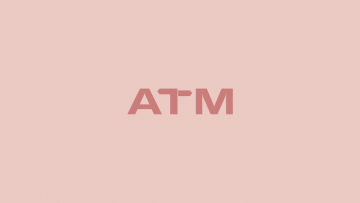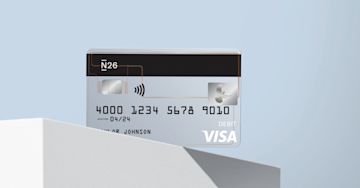Dear Money: an exercise for rewriting your financial scriptsWhether you feel stuck, anxious, or ready to make a change, writing a letter to money can help you reflect on and reset your financial mindset.
5 min read
How to master your shared savings goals
5 min read
Banking Basics: getting started
6 min read
Banking Basics: ATM fees
6 min read
Why should I open a savings account?
7 min read












